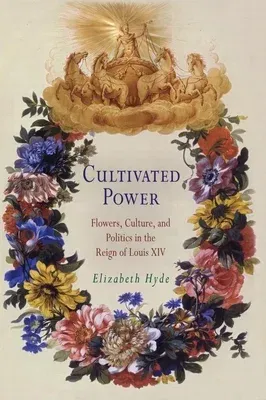Elizabeth Hyde
(Author)Cultivated Power: Flowers, Culture, and Politics in the Reign of Louis XIV (REV and Illustrated)Hardcover - REV and Illustrated, 4 April 2005

Qty
1
Turbo
Ships in 2 - 3 days
In Stock
Free Delivery
Cash on Delivery
15 Days
Free Returns
Secure Checkout

Part of Series
Penn Studies in Landscape Architecture
Print Length
330 pages
Language
English
Publisher
University of Pennsylvania Press
Date Published
4 Apr 2005
ISBN-10
0812238265
ISBN-13
9780812238266
Description
Product Details
Author:
Book Edition:
REV and Illustrated
Book Format:
Hardcover
Country of Origin:
US
Date Published:
4 April 2005
Dimensions:
25.65 x
18.29 x
2.54 cm
Genre:
French
ISBN-10:
0812238265
ISBN-13:
9780812238266
Language:
English
Location:
Philadelphia
Pages:
330
Publisher:
Weight:
839.15 gm